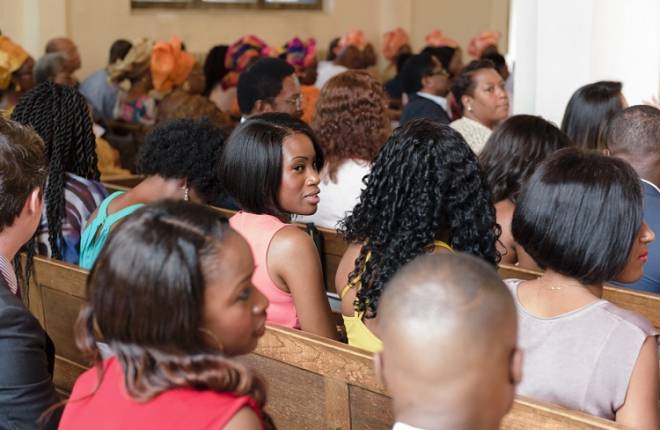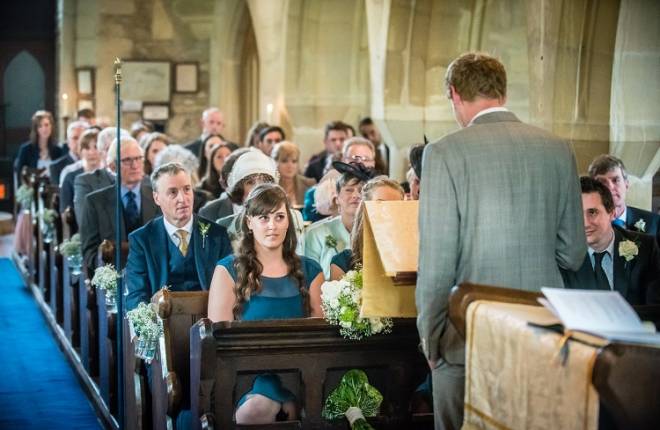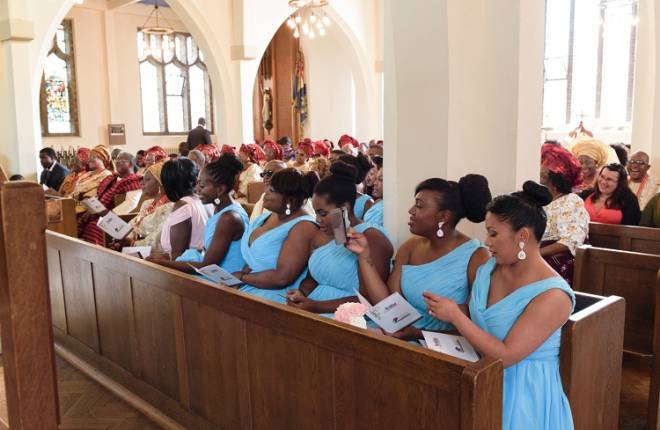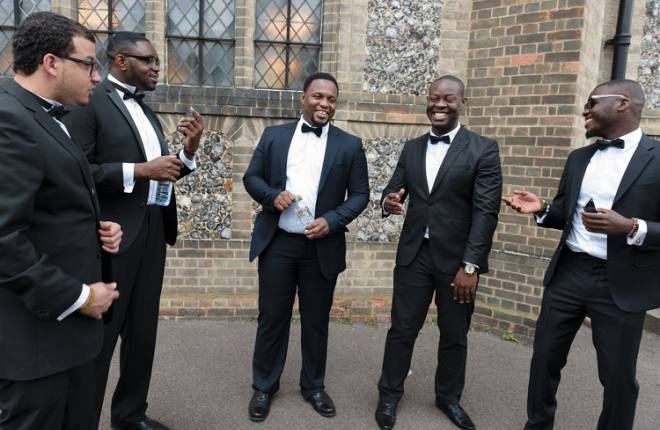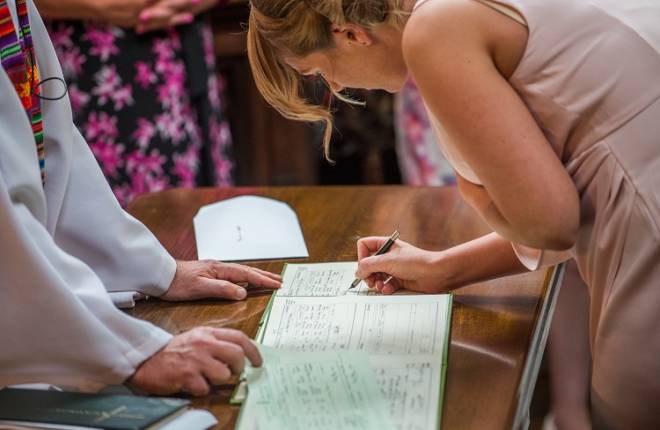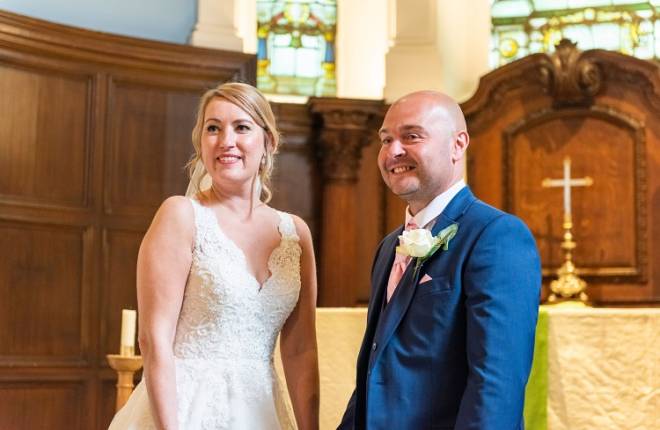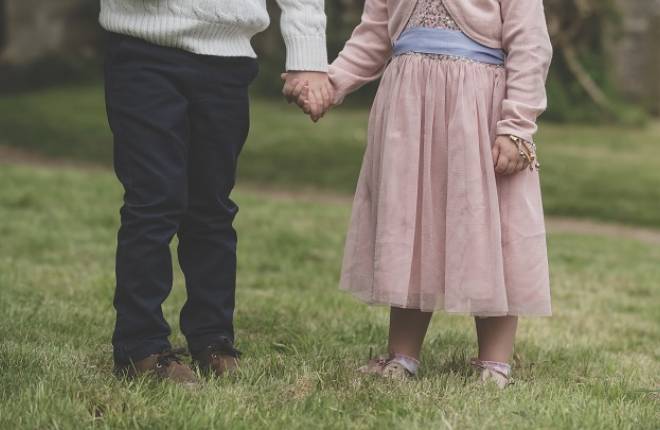Ushers have an important role in making the wedding ceremony run smoothly. They have several duties on the day and also support the groom and best man in the lead up to the wedding.
Ushers (sometimes called ‘groomsman’) may be men or women of any age, and whether there is a group or just one, your main role is to help guests feel welcome and comfortable in the church.
Before the day
- It will help you to know what the church’s car parking facilities are. Contact the church to find out if they have a car park, and if not, where the best places to park are. If you realise that parking is going to be a problem, you can help to organize shared lifts or taxis ahead of the day where possible.
- You may need to check if any guests require wheelchair access. If so, contact the church to ensure ramps will be in place on the day. It would be a good idea to check if wheelchair users have a designated place in the church too, so you can direct them when they arrive. If there are any hearing loop users, check the church has facilities and that everything will be switched on just before the wedding.
- Collect useful phone numbers in case of problems on the day, such as taxi firms, the car or transport firm bringing the bride to church, the groom, best man, chief bridesmaid, other ushers and parents of the bride and groom.
- Check if there are likely to be any roadworks on the main route to the church on the wedding day. If there are, there will be time to make alternative route plans.
- You might like to contact the verger of the church to see if they will be helping on the day and if you need to share or coordinate any duties with them, especially if it is a big wedding. The verger usually gets the church ready before the wedding, putting the heating on in good time, making sure everything is tidy, opening the church for flower arrangers if necessary and then welcomes guests as they arrive. They can help direct guests to the toilets if needed, and may give out activities to children if the church provides them.
- Go to the wedding rehearsal so you can see what will happen on the day – it’s a chance to ask the vicar any questions about your role too.
- If the bride and groom are having a printed Order of Service, collect these the day before and keep them safe, ready to take to the church.
- Check with the bride and groom whether they have any preferences for where guests are seated. Traditionally, ushers tell guests where to sit in the church, with the groom’s family and friends on one side of the church and the bride’s on the other. Nowadays, many families are happy to mix, so check what the couple would like.
On the day
- Take an umbrella or two with you to the church if it’s wet weather.
- You will be the first of the wedding guests to arrive – about 30 minutes before the service is due to start is great.
- Have the Order of Services ready to give to guests as they arrive. The verger can help you with this if necessary.
- Be ready to assist less able guests from their cars in to the church if necessary.
- Welcome people as they arrive, encouraging them to come straight in, take a look around and sit in the right place. The front rows will need to be reserved for the parents of the couple, the bridesmaids, best man and witnesses.
- When everyone has arrived except the bride, you can take your seat, ensuring your mobile phone is on ‘silent’ before the service begins.
- It’s helpful if one usher sits near the door to welcome any latecomers.
After the ceremony
- When confetti and photos have been taken, support any less able guests to return to their cars if necessary.
- Be ready to answer questions about the route to the reception venue.


